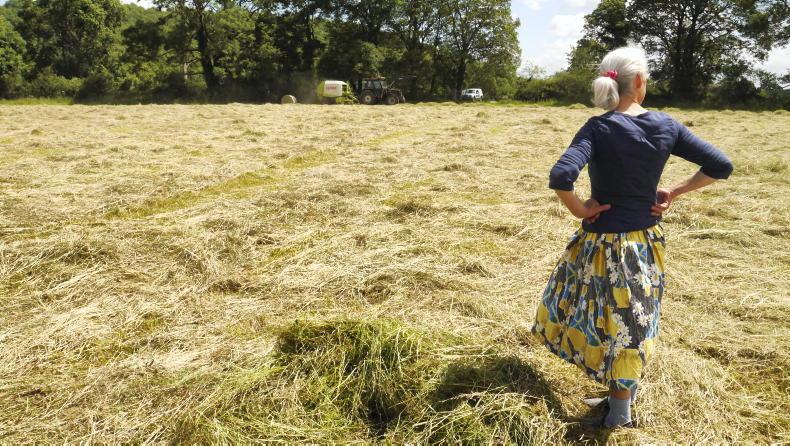The long-awaited changes have been made to the fair deal nursing home scheme, with the bill passing all stages of the Dáil this week.
Minister of State for mental health and older people Mary Butler has been keen to ensure the changes come into force before the Dáil summer recess.
The recess is due to start on Friday 16 July.
What is the current situation?
The soon-to-be previous fair deal nursing home scheme sees farm families and small business owners required to put aside 7.5% of the value of their land or asset annually to pay for the care of their loved ones in a nursing home.
This 7.5% contribution is currently not time-limited and the annual 7.5% charge based on the value of a farm for a farmer in full-time care means the family farm would be lost to the next generation after 14 years.
This is because it would drain the value of the farm to pay for the care of a family member in a nursing home.
How will it change?
Legislative changes mean that the 7.5% will be capped at three years.
Where someone has been in care over this time, contributions will cease immediately.
Where someone is in the middle of an initial three-year period of care, they will have to pay the remaining years. There will be no financial reimbursement for payments made.
I am a farmer who has been in a nursing home for five years. What does this mean for me?
Once the legislation is passed and you have appointed an eligible farm successor, then you will no longer have to make the annual 7.5% financial contribution based on the value of your farm.
Similarly, if you are a farmer and have been in a nursing home for one or two years, you will only pay the 7.5% contribution on the remaining year(s) you are in the nursing home up to the three-year cap.
How do I appoint a family farm successor?
Minister Mary Butler has previously told the Irish Farmers Journal that: “The person in care will have to appoint a family successor who has consistently supplied a substantial part of their working day to the farm or small business for three years out of the previous five years.”
Details include:
The successor will have to make a statutory declaration in relation to their normal working time.The successor does not have to have been paid for working on the farm as an employee to prove they were working there.The successor does not have to have been working for three years straight on the farm, just three years across a five-year period.
The long-awaited changes have been made to the fair deal nursing home scheme, with the bill passing all stages of the Dáil this week.
Minister of State for mental health and older people Mary Butler has been keen to ensure the changes come into force before the Dáil summer recess.
The recess is due to start on Friday 16 July.
What is the current situation?
The soon-to-be previous fair deal nursing home scheme sees farm families and small business owners required to put aside 7.5% of the value of their land or asset annually to pay for the care of their loved ones in a nursing home.
This 7.5% contribution is currently not time-limited and the annual 7.5% charge based on the value of a farm for a farmer in full-time care means the family farm would be lost to the next generation after 14 years.
This is because it would drain the value of the farm to pay for the care of a family member in a nursing home.
How will it change?
Legislative changes mean that the 7.5% will be capped at three years.
Where someone has been in care over this time, contributions will cease immediately.
Where someone is in the middle of an initial three-year period of care, they will have to pay the remaining years. There will be no financial reimbursement for payments made.
I am a farmer who has been in a nursing home for five years. What does this mean for me?
Once the legislation is passed and you have appointed an eligible farm successor, then you will no longer have to make the annual 7.5% financial contribution based on the value of your farm.
Similarly, if you are a farmer and have been in a nursing home for one or two years, you will only pay the 7.5% contribution on the remaining year(s) you are in the nursing home up to the three-year cap.
How do I appoint a family farm successor?
Minister Mary Butler has previously told the Irish Farmers Journal that: “The person in care will have to appoint a family successor who has consistently supplied a substantial part of their working day to the farm or small business for three years out of the previous five years.”
Details include:
The successor will have to make a statutory declaration in relation to their normal working time.The successor does not have to have been paid for working on the farm as an employee to prove they were working there.The successor does not have to have been working for three years straight on the farm, just three years across a five-year period. 





 This is a subscriber-only article
This is a subscriber-only article











SHARING OPTIONS: